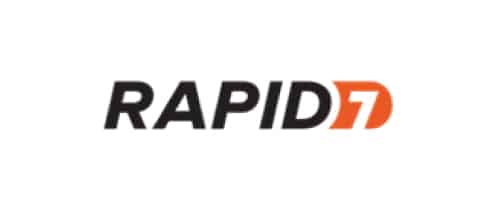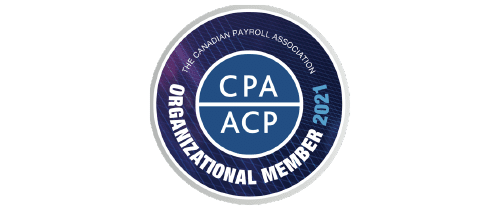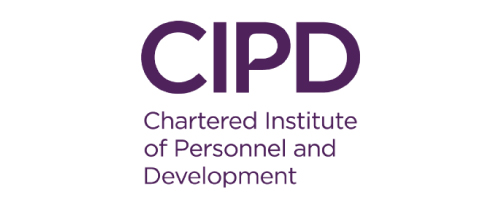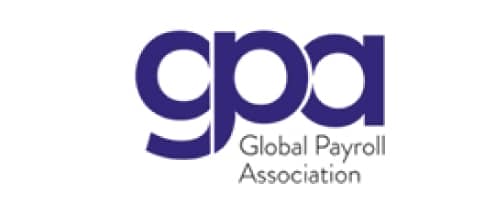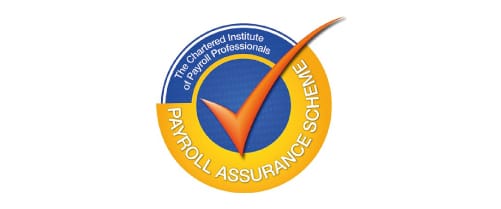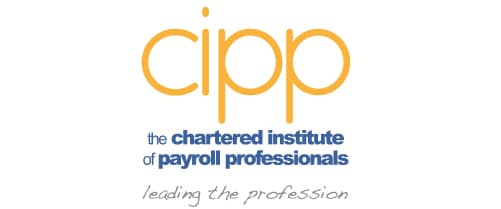
Payroll and HR in Croatia
The International HR & Payroll Company
That Speaks Your Language
IRIS Global Workforce Management can help simplify Croatia payroll and HR. As a reliable and trusted global payroll and HR specialist, operating 88 in-country teams, we have the local expertise and worldly knowledge to ensure your overseas employees are paid on time, every time.
Navigating the many complexities that can challenge payroll and HR in Croatia is no small feat, especially when compliance is a top priority for any businesses during a global expansion. With all the differing laws, cultures and regulations, you might feel overwhelmed. Fortunately, our expert teams are on-hand to help. We offer the following:
Looking for Payroll and HR Services?
Croatia Payroll
We remove any complexities that arise with international payroll and manage everything for you – including local pay to benefits. Your growing workforce will be paid accurately, on-time, every time.
Croatia HR
Companies trust our HR services in Croatia to help their global employees with everything from legislation to compliance. Our HR support will help you thrive overseas.
Croatia Employment Law Compliance
IRIS removes any challenges, so your business can compliantly onboard new talent. As an in-country specialist, we can help with contracts, policies, handbooks and more.
Global Payments Services
We are able to provide compliant, global payment services for any business. We make your cross-border transfers cost-effective.
Jump to section
Location Data
- Name
Croatia
- Region
- Europe (Southern Europe)
- Population
- 4047200
- Calling Code
- 385
- Capital
- Zagreb
- Timezone(s)
- UTC+01:00
- Timezone in Capital
- (europe/zagreb) 10:36 PM
- Currency
- Croatian kuna (HRK)
- Main Language
- Croatian(hrvatski jezik)
- Other Business Languages
- Croatian
- Tax Year Start
- 1st January
- Tax Year Start
- 31st December
Details correct at time of publication. You should not rely on these details without first seeking professional international advice.
A trusted advisor for global expansion
We support businesses in 135 countries worldwide to reach their expansion goals.
Global Expansion in Croatia
Croatia has seen a massive amount of social change in recent history, gaining independence from what was then Yugoslavia in 1995 after a four year conflict. Since this time the country has seen steady economic growth, in part due to a thriving tourism industry. Today it’s believed that around 20% of Croatia’s GDP comes from tourism. Main exports include transport equipment – specifically shipbuilding – machinery, chemicals, and food processing.
Over the years Croatia has seen success in trade in part because of its location. In the 14th century Dubrovnik was home to a maritime republic known as The Republic of Ragusa – this was able to thrive economically because of its close vicinity to Italy across the Adriatic Sea. Today, Croatia has steadfast links with the rest of the world. Its main international airport is in capital Zagreb, from which it’s possible to take direct flights to 44 destinations in 29 countries across Europe, the Middle East, Asia, and North America.
Those looking to expand their business into Croatia need to have a good understanding of local HR and payroll legislation. Navigating the world of employment law in Croatia can be a real pain point for many business owners, who may not feel confident when it comes to achieving compliance. That’s where the experts at IRIS comes in. We have knowledge in a huge array of international employment law, and can provide the assistance you need during your expansion plan.

Employer Must-Dos
The following are due for submission by employers in Croatia:
- Annual Corporate Income Tax return – no later than 4 months after the end of the tax period
- Monthly Corporate Income Tax advances
- Any objections to the minutes of the tax audit carried out by the Inspection Sector of the Croatian tax authority
Payroll in Croatia
What tax considerations are there?
Personal Income Tax (PIT)
Resident Croatians are subjected to tax on their worldwide income, whereas non-residents are subjected to tax on income derived from within Croatia only. Tax is charged at a progressive rate; those earning less than 360,000 HRK are taxed 24%, and anyone earning more than this is taxed 36%.
In addition to this, different Croatian cities and municipalities may charge an additional tax, known as surtax. The highest surtax in the country is 18%, and this applies to residents of the capital Zagreb. Employees and employers also make social security contributions to cover pension, health, and unemployment insurance.
Corporate Income Tax (CIT)
For the purpose of Corporate Income Tax, all Croatian resident businesses and foreign entities with a branch in Croatia are considered liable to pay.
Most companies in Croatia are subjected to 18% CIT, unless they fall into the lower revenue bracket of less than 3,000,000 HRK (around $450,000). These companies are subjected to 12% CIT. Taxable income is considered not only profits, but also income derived from the liquidation or sale of a business.
HR in Croatia
What are the regular working hours in Croatia?
The average working week in Croatia is 40 hours, with most people working 8 hour days between 8.30am and 4.30pm. Most employees also have half an hour for lunch. Banks and shops in Croatia tend to operate during different working hours, however, with banks open from 8am to 7pm on weekdays and 8am to 12noon on Saturdays. Shops are usually open from 8am to 8pm on weekdays, and 8am to 3pm on Saturdays. Most places of work are closed on Sundays.
Vacation, maternity and sickness
There are 14 bank holidays in Croatia on which employees are not expected to work. Many workplaces close down and offer their employees a week off between Christmas and New Year as well. In addition to the bank holidays, employees in Croatia are entitled to a total of four weeks (20 days) of holiday every year, as long as they have worked a minimum of six months for their employer. Any members of staff who have worked for less than six months are entitled to one twelfth of these days for every month they have worked, i.e. 1.66 days per month.
Maternity leave in Croatia is a minimum of 98 days of uninterrupted leave. Pregnant women must start their maternity leave 28 days before their child’s due date and take the remaining 70 after the birth. If a doctor recommends an expecting mother starts their maternity leave earlier than this, it can begin up to 45 days before the due date. Additional leave begins on the 71st day after a child has been born, and can last for up to six months. This can be taken by either parent. Maternity pay is 100% of the salary, and is paid by the Croatian Institute for Health Insurance – not the employer.
Employees are entitled to sick leave for up to a maximum of three years, during which time they will be paid 70% of their salary. The employer is required to pay this for the first 42 days of sick leave, and after this day compensation will be reimbursed by the Institute for Health Insurance.
Termination
Should either party wish to terminate the employment contract, they need to provide sufficient notice. This will depend on the length of service they have given. Notice periods start at two weeks and go up to three months for those who have worked for twenty years or more. An employer does not need to give notice in the event of unlawful activity on the part of the employee.

Learn More About International Payroll
For more information about global payroll legislation and customs, download our guide. We explain everything from tax law to sick pay.
IRIS’s Croatian Payroll and HR Solutions
Anyone considering expanding their business to Zagreb, Dubrovnik, Split, or another Croatian city must make sure they stay compliant with local employment legislation. At IRIS, we are familiar with navigating the world of international HR and payroll, and know how to keep your business operating within Croatian regulations. Among our services are:
- Payroll & HR Consultancy
- Payroll audits
- HR Process audits
- Payroll processing
- Multi-currency payroll
- Emailed payslips
- Translation services
- Pension payments
- Maternity pay
- Processing sick leave
- Processing annual leave
- Payroll reconciliation
- Tax reports

Understand Croatian Employment law with IRIS
Be confident while expanding your business into Croatia knowing that all HR and payroll considerations are accurately taken care of, with the help of the experts at IRIS.











